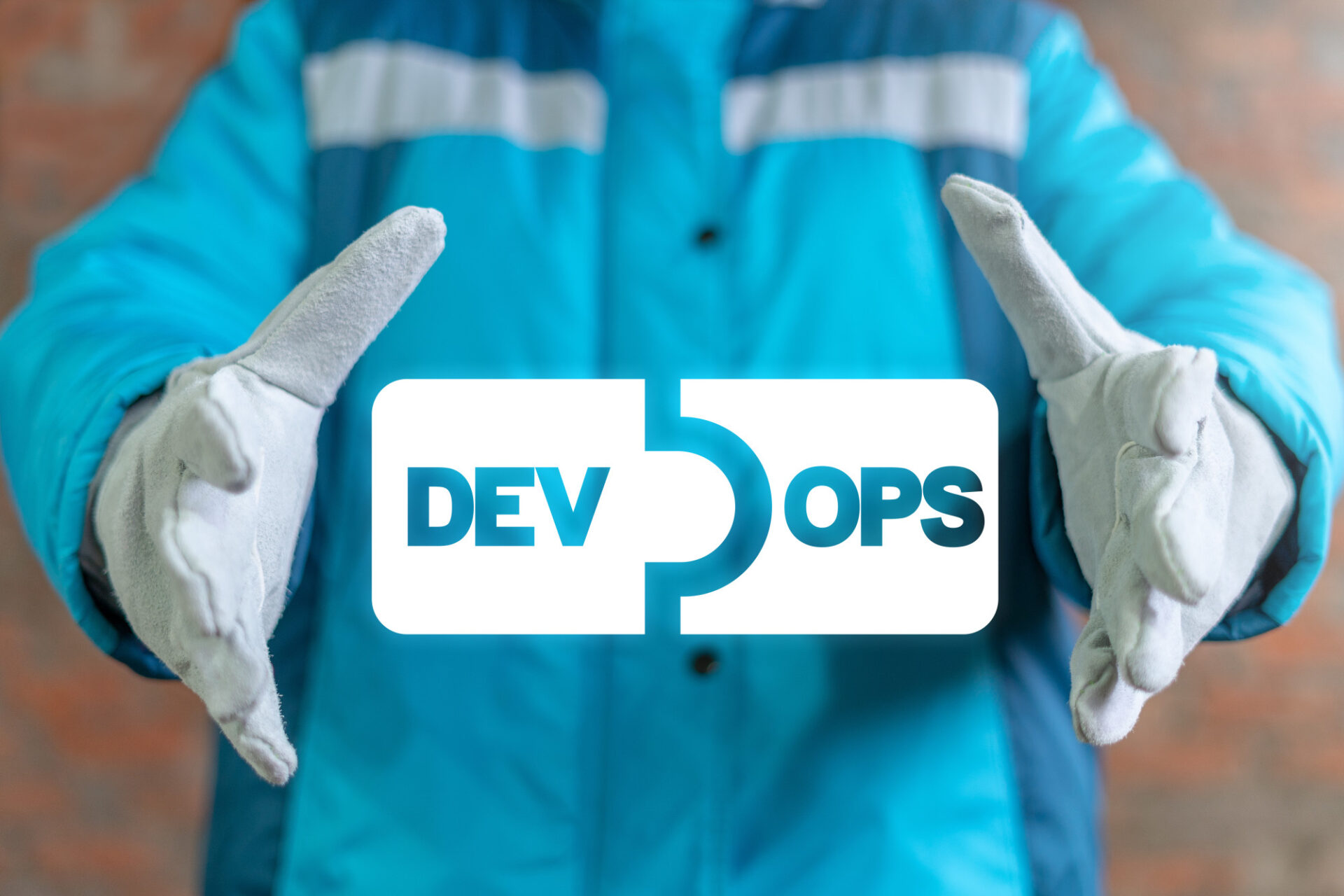DevOps is a combination of software development and IT operations. It’s a field that seeks to merge the two functions in an agile manner, so teams can collaborate more efficiently on new updates and releases.
A DevOps engineer is an expert who helps oversee every part of the software development life cycle. This professional introduces and employs processes and tools at each touchpoint to make sure the project runs smoothly. From initial coding to final updates, they’re there for it all.
Today, we’re taking a closer look at this job function and explaining why this role is so important.
Job Duties of a DevOps Engineer
DevOps engineers bridge the gap between development and deployment. When there’s a new code release on the horizon, they make sure both teams have the resources they need to work on the project without delays or complications.
Keep in mind that often, this term is used to describe any professional who works in a DevOps environment. Sometimes, they work in a traditional engineering role, but other times, their duties are more operational or managerial in nature.
CI/CD Implementations
There are many different steps and stages in the development lifecycle. While traditional methodologies approach these tasks in a linear manner, DevOps performs multiple tasks concurrently.
This is known as a Continuous Integration and Continuous Delivery (CI/CD) approach. It requires working on multiple assignments simultaneously, with feedback offered on a continual basis.
There are many benefits to CI/CD, including the ability to quickly and seamlessly deploy updates on a regular basis, even multiple times per day, without disrupting your users. In the competitive and fast-paced world of software development, this advantage is key.
Yet, as you might expect, it also requires expert coordination. A DevOps engineer is responsible for communicating with various stakeholders during this process, including:
- Software developers
- IT operations staff
- System operators and administrators
Key Responsibilities
In addition to project management, DevOps engineers also take on a range of other daily responsibilities. These include:
- Performance testing
- Benchmarking
- Automating processes
- Building plug-ins
- Designing and optimizing IT infrastructure
- Planning release cycles
- Monitoring and reporting on key metrics
- Ensuring security for all DevOps processes
They can perform these tasks using a variety of DevOps engineering tools, from Docker and Kubernetes to GitHub and Jenkins. You can check out a comprehensive list of these tools in this guide.
Skills and Traits Required
A great DevOps engineer will obviously have deep technical knowledge in the field of software development. However, their managerial duties require them to have certain soft skills, too. To perform well in this role, they should possess the following traits:
- Excellent organization
- Great communication
- Strong interpersonal skills
While you can find applicants who have past experience working specifically as a DevOps engineer, you don’t have to limit your search quite so narrowly. You can also train software engineers and IT operations staff to fill this position.
Connect With a Qualified DevOps Recruiter
A DevOps engineer can coordinate project activities, bring team members together, and ensure resources are adequate throughout a development project. While this is an essential role within your organization, it isn’t always the easiest to fill.
That’s where we come in. We have access to a vast network of professionals who possess the unique qualifications required to work in this space. We’ll help you connect with the talent you need, so you can start working together as soon as possible.
Contact us today to get started.
